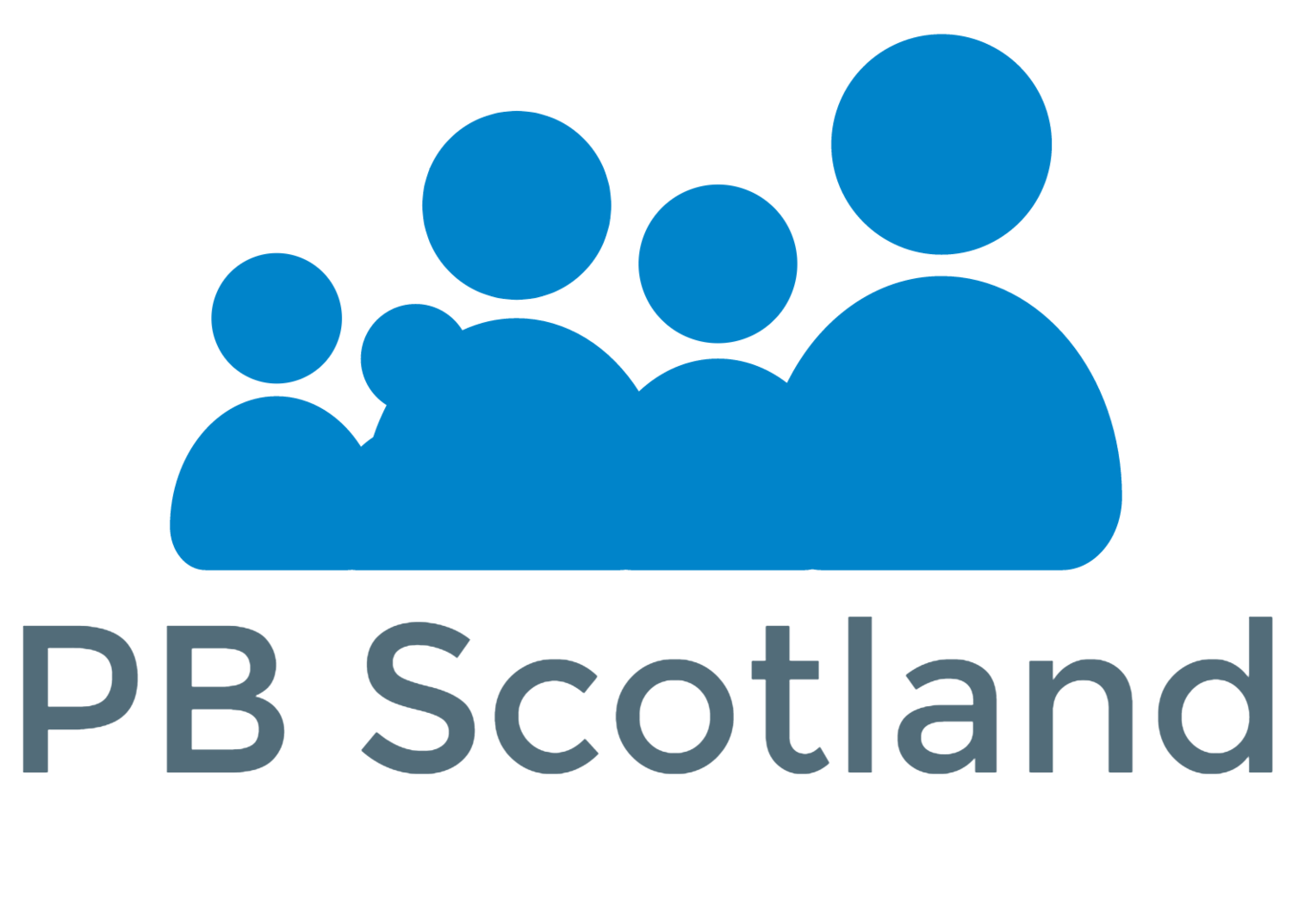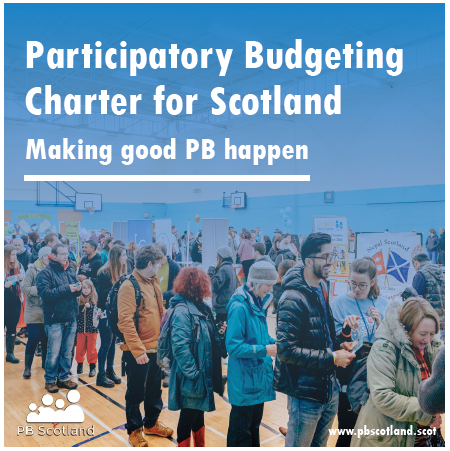Participatory budgeting: New challenges, same principles
/Participatory budgeting (PB) has come a long way in Scotland. From early local initiatives that helped to pioneer the approach, to funding that saw it delivered across the country - from grants events in local communities, to mainstream PB across local authorities.
Throughout this journey, we've seen how transformative people making decisions about how money is spent can be.
In this time, PB has also faced some significant challenges. The pandemic put a halt to face-to-face PB activity in many communities - and while online engagement and voting helped PB continue, we're still catching up with the lost momentum.
New challenges
Now, as the effects of the pandemic still linger, Scotland is facing new challenges around funding and sustainability.
When 'budgeting' becomes so contentious, and for many organisations about whether they can keep their doors open, it's no wonder PB might struggle in an environment where funding is so stretched.
With decisions so difficult, and the support so essential, it can lead us to ask the question: where does participatory budgeting fit in?
First principles
And yet, despite these significant challenges, we can go back to some of the basic principles of PB:
That people can offer valuable knowledge when they help make decisions about the issues important to them.
That discussion and deliberation about how budgets are spent can help to bring new, innovate ideas to the surface.
That decisions, even difficult ones, are better made through meaningful engagement and participation.
Understanding the environment
To help us understand these challenges, and find out from you where support would be best placed, we've developed a short survey to capture some of your thoughts.
With more than 1,700 members of the PB Scotland Network together we have the collective knowledge and ideas to help support PB, and each other.
We're already in contact with some of you, and will be bringing your survey responses together over the coming weeks.






